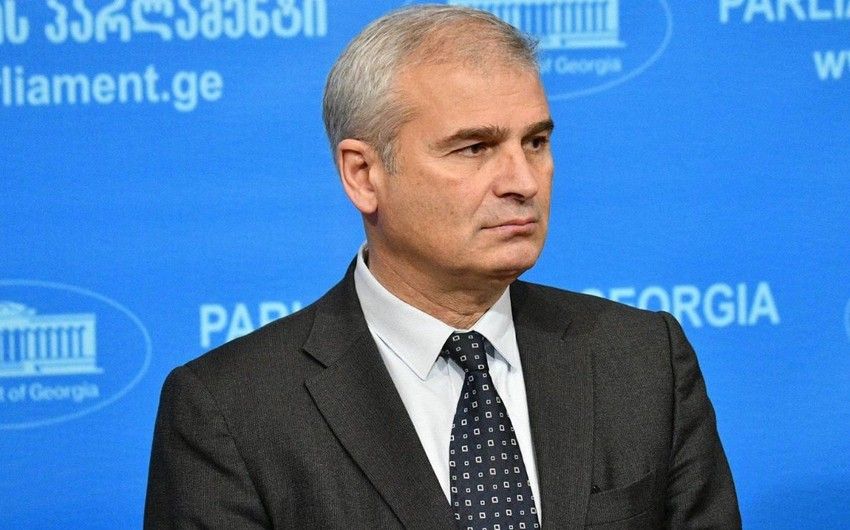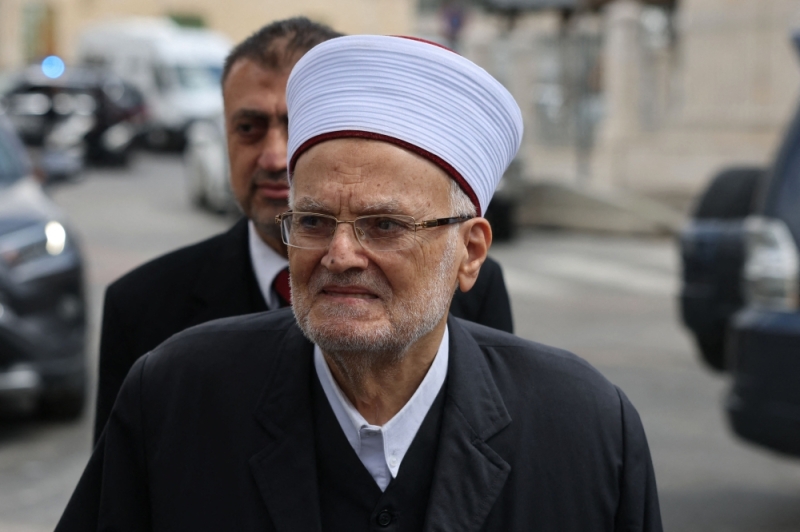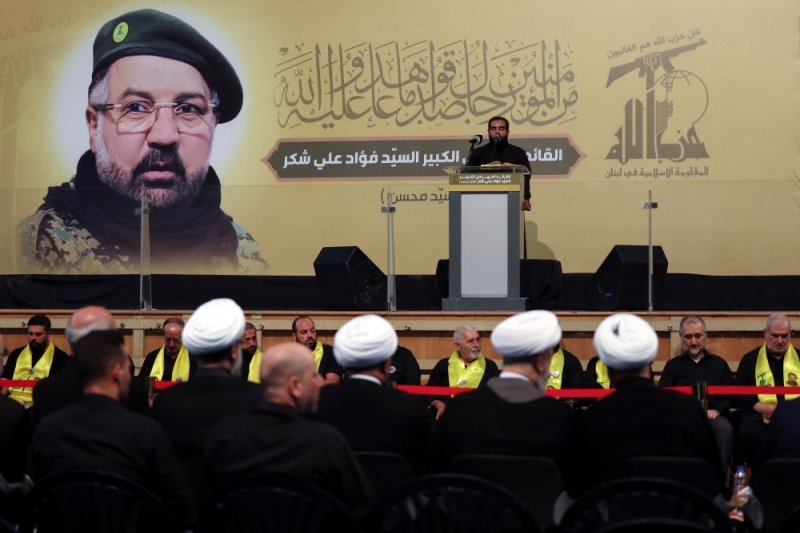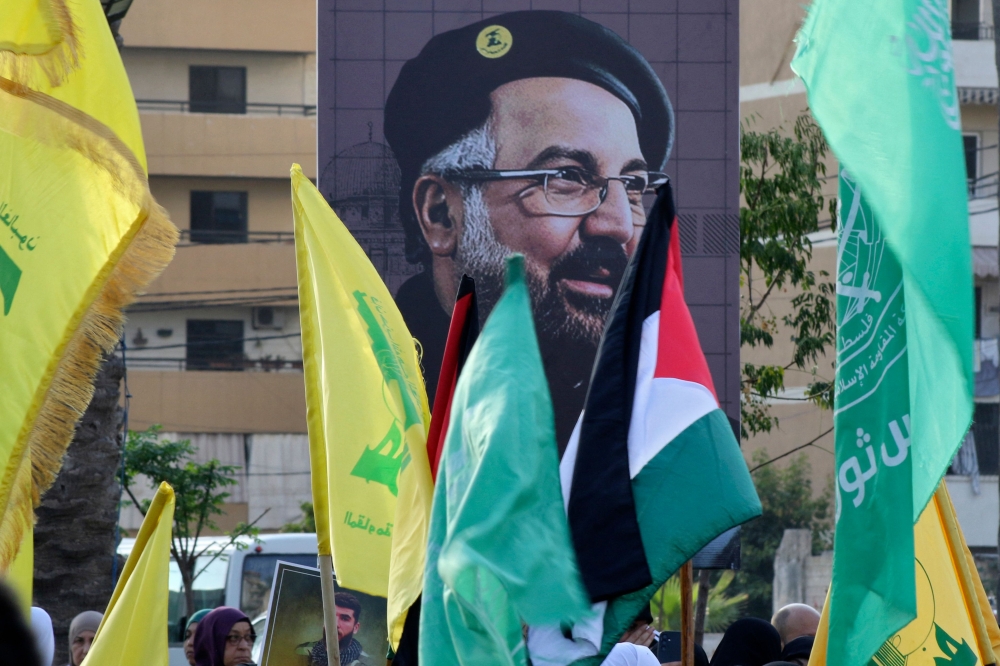These new codes refashion the current fragmented labour laws. The codes are designed to comply with international labour standards by extending protection to all people who work for the first time in Pakistan’s history.
Most of Pakistan’s labour laws were originally drafted in the British colonial period. They have left the vast majority of the working population largely unprotected: platform (or ‘gig’) workers, self-employed workers, agricultural workers and domestic workers among others.
However, the ILO’s fundamental labour rights conventions are applicable to all workers. Those fundamental conventions concern abolition of forced labour, abolition of child labour, equality (anti-discrimination), health and safety and freedom of association. They do not limit protections to people covered by the old British laws (which have long been superseded in the United Kingdom itself). The key part of the draft codes (Part II) gives effect to the fundamental conventions. It uses the term ‘worker’ in a comprehensive sense, consistent with international usage. ‘Worker’ encompasses all employees but also all other working people. It includes domestic workers, the self-employed, factory workers, administrators, ride-share drivers and professionals, men and women, the formal and the informal.
A useful analogy is with constitutional rights. For example, the Constitution of Pakistan prohibits “all forms of forced labour and traffic in human beings”. This covers everyone, not just persons in certain kinds of industries or employees.
It’s important to distinguish the codes’ use of ‘employee’ from some traditional understandings of this word in Pakistan.
Does this mean that the old labour laws are no longer relevant? No. There are many employment standards that are not fundamental rights in the international sense and do not have to be extended to all working people. These include matters such as pay, leave, overtime, termination processes and so on. These conditions are generally confined to persons in an employment relationship. Therefore, consistent with international practice, Part III of the codes limits these kinds of entitlements to ‘employees’; with some exceptions, they do not extend to other kinds of workers.
It’s important to distinguish the codes’ use of ‘employee’ from some traditional understandings of this word in Pakistan. In international parlance, an employee simply refers to a person who has an employer, whether white collar or blue collar. If one keeps in mind the distinction between ‘worker’ (anyone who works in any capacity) and ‘employee’ (someone who is employed by an employer), the purpose, structure and content of the draft codes will become clear.
One issue that has prompted public debate around the codes is labour contracting. Workers and their advocates would like to maximise job security. A permanent worker is likely to enjoy better working conditions, a safer workplace and more robust freedom of association. On the other hand, businesses prefer flexibility, so that they can adjust to market conditions and minimise their liabilities. There are three strategies businesses can use. First, a business can present a worker as an independent contractor under a service contract, claiming that there are no obligations under labour law. Second, a business can engage a worker through an intermediary and claim that the intermediary is the employer. Third, the business may directly employ a worker on a short-term contract, so many of the benefits of permanent workers can be avoided.
Unions naturally want to minimise or eliminate these strategies but employers point to circumstances which they say justify them. So, when is use of these strategies a genuine response to business needs and when is it a mere sham? Some cases are straightforward. An electrical contractor who comes into a hospital briefly to install an air conditioning unit is not, ordinarily, an employee of the hospital. Conversely, it is likely a sham where a business engages workers for months on end on service contracts. Many other situations, though, are less clear.
All modern legal systems have struggled with this dilemma. Most have adopted legal principles to address it. The most important of these principles — affirmed in a key ILO recommendation — is that reality is more important than contractual clauses. This means that a business should be recognised as an employer if the workers it uses are in fact under its control. A second principle is that third-party contract workers should receive the same entitlements as employees of the user business. Third, if a user business engages third-party contract workers to perform ongoing work, the workers should be deemed to be its direct employees. A fourth principle is that fixed-term contracts should not be used where the work is of a permanent nature.
The Supreme Court of Pakistan and some existing provincial laws have already introduced principles such as these. What do the draft codes have to say about all of this? First, fundamental rights at work as defined in ILO conventions apply to all working people, irrespective of which approach a business adopts. The rights apply even to service contracts, such as in the hospital example.
Second, the codes set out rules to determine who the employer is. The codes adopt the ‘reality’ principle to define the employer and have incorporated the language of the Supreme Court to prohibit shams. Concerning third-party contract workers and fixed-term contracts, the draft codes have followed emerging international practice in permitting third-party contracting and fixed-term contracting only as long as it is genuine and limited in duration and extension. The codes also make special provision for ‘intermediate’ situations, most notably ‘gig’ workers.
The drafters have indicated only one way in which the contracting issues could be addressed; the stakeholders should deliberate over what exactly is appropriate for Pakistan. Yet whatever text is finally adopted, any formulation must ensure that all workers, even service workers, enjoy, at the very least, the rights in the fundamental conventions.
The writer teaches labour law at the Melbourne Law School, Australia. He was a member of the drafting team for the Sindh and Punjab Labour Codes.
Published in Dawn, August 3rd, 2024









